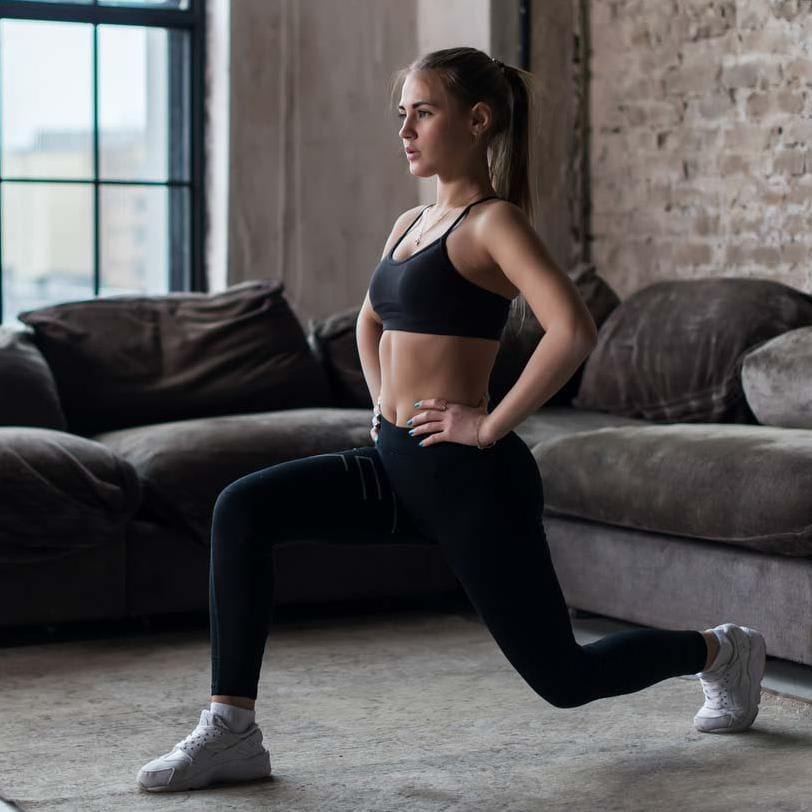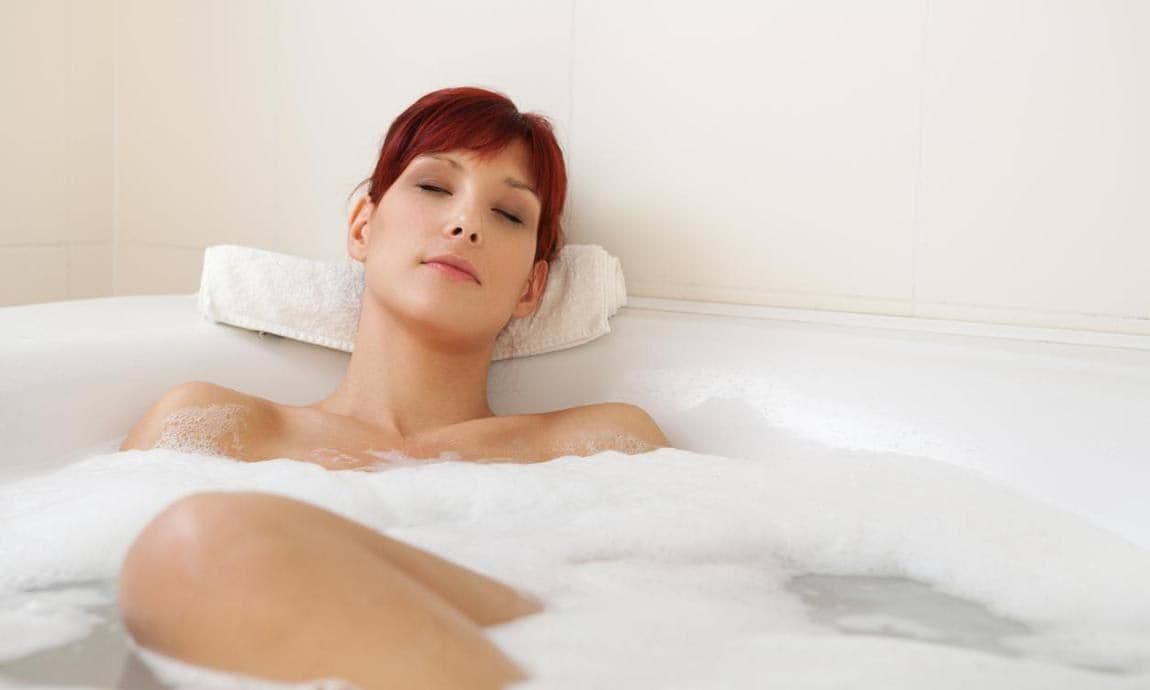Unfortunately, stress happens, and we respond to stress using a range of coping mechanisms. Sometimes stressful situations can motivate us and ultimately end up being very beneficial, while other times they can wind up causing health problems that affect our overall quality of life. Fortunately, there are lots of steps you can take to manage and reduce your stress levels.
Of course, you can always include certain foods with calming properties in your diet or use relaxing home remedies , as celebrities tend to do. But what other techniques can reduce the negative effects of stress? We've got some alternatives that you can implement quickly to help you cope with the changes in routine imposed by social distancing, along with all the other stressful moments you must be facing throughout the day.
Breathe
Yes, breathe. Take slow, deep breathes from your diaphragm for a few solid minutes. Even a sigh releases tension in the upper part of the body. Now, while this technique is effective in dramatically reducing stress levels, while you're doing it you can also focus on each body part and locate points of tension, pain or heat. Then, with the same slow breathing technique, you can focus on trying to relax the affected areas.
Meditate
Meditation has many health benefits and is an effective way to relieve stress and maintain a healthy lifestyle. It gives you greater control over your thoughts and emotions, it restores a sense of calm and peace of mind, and it relaxes the mind and body. If you're a newcomer, you can start with just 5 minutes a day. It'll be worth it!
Do cardio
Exercise can make a huge difference when it comes to reducing stress levels. And the benefits? It helps to foster an overall sense of well-being by increasing your endorphin levels, improving mental function and—not to mention—it helps keep you in shape. When you feel overwhelmed, do at least 15 minutes of cardiovascular exercise.
Stretch
Stress builds up without us even noticing it, creating physical and mental rigidity. That's why it's advisable to stretch, paying special attention to the areas where stress tends to manifest itself, like the neck, shoulders, and upper back. Yoga is a great way to achieve this. Hatha yoga is particularly beneficial because of its slower pace and easy movements.
Press on this pressure point
Did you know that if you apply pressure to the palm of your hand, right between your index and middle fingers, you'll immediately feel a sense of calm? Sharon Melnick explains this in her book Success Under Stress. Give it a try!
Give yourself a massage or take a warm bath
Because stress tenses your muscles and generates headaches, backaches and general fatigue, massages or warm baths are perfect for relieving it. Find the part of your body that feels tense, and massage it a bit with one or both hands. Or simply have a warm bath.
Bring rhythm into your life
Music can be a powerful mental distraction, in addition to being an excellent option for reducing stress hormones and relieving muscular tension. You can sing your favorite song for example, which releases endorphins and oxytocin, or you can listen to a tune. Need a recommendation? Try “Weightless” by Marconi Union, the most relaxing song in the world, according to a study conducted by Radox Spa with the neuromarketing company Mindlab International, headed by doctor David Lewis-Hodgson.
Disconnect
This point is really important. When you're stressed about something, it can be really hard to take your mind off the issue at hand, but try to disconnect yourself for at least a few minutes each day. Limit your exposure to the news, and above all, avoid looking at your phone or any other device for at least a few minutes during your most vulnerable times of the day, such as right before you go to bed.
Organize your surroundings
The surrounding chaos creates stress you might not be aware of—so get your house in order! For example: Reese Witherspoon likes to reorganize the clothes in her drawers and closet . Leave all the essentials within easy reach.
One more recommendation: make sure to get a good night's sleep. Reduce the amount of caffeine you consume, establish a routine for going to bed, and make sure to maintain a cool, dark, and calm environment for sleeping. This way, you can be sure to take care of your physical and mental health.







